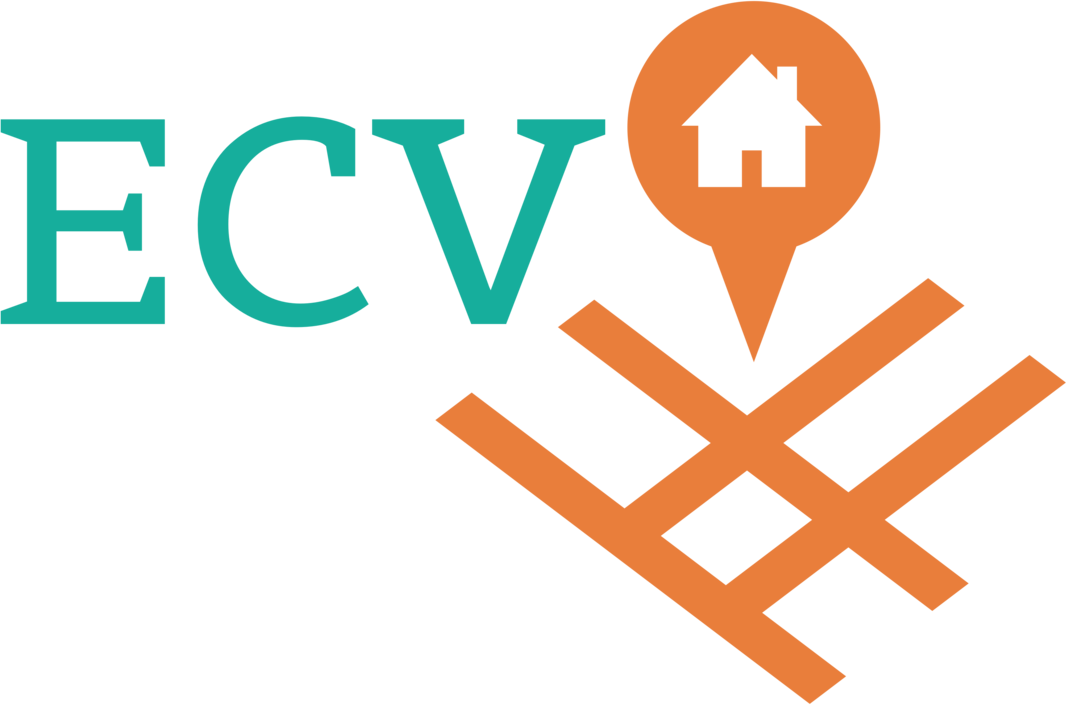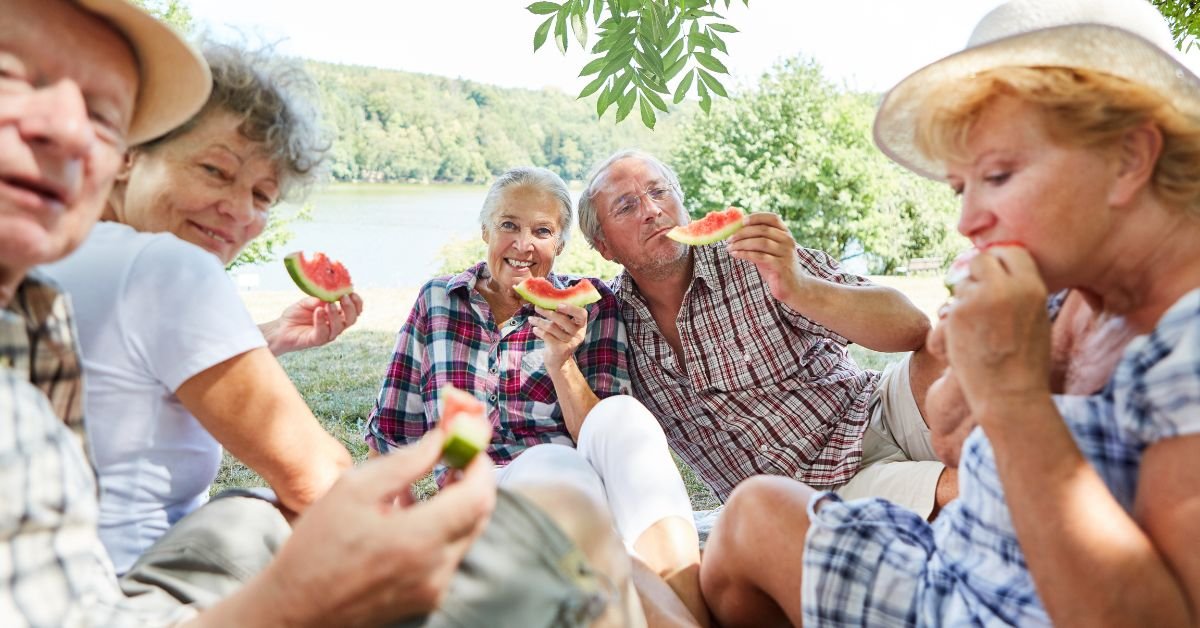Nutrition and Cancer Prevention: A Guide for Seniors
Seniors must maintain good nutrition to prevent cancer. However, based on the National Library of Medicine, 75% of surveyed participants stated that "It's difficult to decide which cancer prevention suggestions to heed because there are so many of them," suggesting there may be some confusion. Older adults encounter obstacles such as restricted availability of wholesome meals, reduced hunger, and contradictory recommendations. This blog seeks to enable seniors to make educated dietary choices that will lower their cancer risk and enhance their general health.
Understanding Cancer Risk Factors
Comprehending the Cancer Risk Factors for Seniors is crucial in customizing preventive measures and therapies for this population. Seniors are more vulnerable to cancer due to some essential factors:
Age-related changes: Seniors are more susceptible to the development of cancer due to physiological changes like weakening immune systems, accumulating DNA damage, and hormone imbalances.
Chronic health conditions: Due to their effects on inflammation and metabolic processes, conditions including diabetes, obesity, and cardiovascular illnesses that are common in the elderly population can also raise the risk of cancer.
Lifestyle factors: Seniors are more likely to have sedentary lives, eat poorly, smoke, and drink excessively, all of which are known risk factors for different forms of cancer.
Reduced screening and early detection: Due to issues including limited mobility, lack of access to healthcare, or false beliefs about cancer and aging, seniors may be less likely to have routine cancer screenings, which could delay diagnosis and treatment.
Essential Nutrients and Their Role in Cancer Prevention
Essential nutrients prevent cancer by supporting several systems that control cell damage, promote healthy cell function, and strengthen the immune system. The following vital nutrients and how they help stop cancer:
Antioxidants: Antioxidants such as beta-carotene, selenium, and vitamins E and C support the body's defense against dangerous free radicals (Unstable molecules that can damage cells), which can potentially cause oxidative damage to cells and aid in cancer growth.
Omega-3 fatty acids: Located in walnuts, flaxseeds, and fatty fish like salmon, omega-3 fatty acids have anti-inflammatory qualities that could help lower inflammation and promote cancer growth.
Green tea: Strong antioxidants called catechins, found in green tea, may help shield cells from harm and stop the spread of cancer cells.
Turmeric: Turmeric's primary component, curcumin, contains antioxidant and anti-inflammatory qualities that may help prevent cancer and slow the spread of cancer cells already present.
Practical Tips for Seniors to Improve Nutrition
Here are some practical tips that may help seniors improve their nutrition:
Portion Control and Balanced Meals: Due to slowed metabolism, seniors should concentrate on portion control to maintain a healthy weight and aim for well-balanced meals that feature a range of items from several food categories, such as whole grains, fruits, vegetables, lean meats, and healthy fats.
Incorporating More Fruits and Vegetables: Rich in vital vitamins, minerals, and antioxidants, fruits and vegetables can help stave off chronic diseases like cancer. Have half of your plate full of vibrant fruits and veggies every meal.
Limiting Processed Foods and Sugars: Sugary snacks and processed foods frequently lack vital nutrients and can aggravate chronic illnesses and inflammation. Limit your intake of packaged snacks, sweetened beverages, and sweets; concentrate on eating whole, minimally processed meals.
Seeking Professional Guidance: See a licensed dietitian or nutritionist if you have dietary questions or health issues. They can provide tailored guidance according to your needs and preferences. They can also assist in addressing any nutritional limitations or shortages in certain nutrients you may have.
Lifestyle Factors and Cancer Prevention
Their lifestyle choices significantly influence seniors' cancer prevention. The following examines how various lifestyle choices affect the risk of cancer:
Physical Activity: Frequent exercise is associated with a lower risk of several kinds of cancer. Seniors can benefit significantly from mild activity, such as swimming or walking. Maintaining a healthy weight, bolstering the immune system, and reducing inflammation are all benefits of exercise that help lessen the risk of cancer.
Healthy Diet: One must eat a balanced diet to prevent cancer. Seniors should focus on consuming abundant fruits, vegetables, whole grains, and lean proteins instead of avoiding processed foods, red meat, and sugary drinks. Antioxidant-, mineral-, and vitamin-rich diets improve overall health and reduce cancer risk.
Limiting Alcohol: Drinking too much alcohol is linked to a higher chance of developing breast, liver, colorectal, and esophageal cancers, among other malignancies. To lower their risk of cancer, seniors should either completely abstain from alcohol or limit their consumption to moderate amounts.
Regular Screenings and Check-ups: Their healthcare provider recommends routine cancer tests for seniors. Early identification can increase the likelihood of successful cancer treatment, and significant improvements in treatment results are possible.
Creating a Supportive Environment for Senior Nutrition
Facilitating access to support groups or educational programs centered on healthy eating habits, encouraging family and caregiver involvement in meal planning and preparation. Community resources like nutrition programs and senior centers are just a few ways to create a supportive environment for senior nutrition and cancer prevention. Seniors might feel empowered to make healthy food choices, lowering their cancer risk and improving their general well-being. Create an environment that prioritizes nutrition and provides practical help and emotional support.
Conclusion
In conclusion, this blog emphasizes nutrition's critical role in elder cancer prevention. In the fight against cancer, seniors can arm themselves with a powerful tool by emphasizing a healthy diet, keeping a healthy weight, exercising frequently, abstaining from tobacco use, and limiting alcohol intake support these initiatives. Seniors can have a higher quality of life in their golden years by making educated dietary and lifestyle choices that will improve their general health and lower their chance of cancer.
Please tell your friends and family about this blog so they can assist our elderly in avoiding cancer and eating healthily.
Check out our care blog section for more helpful blogs like this one.

